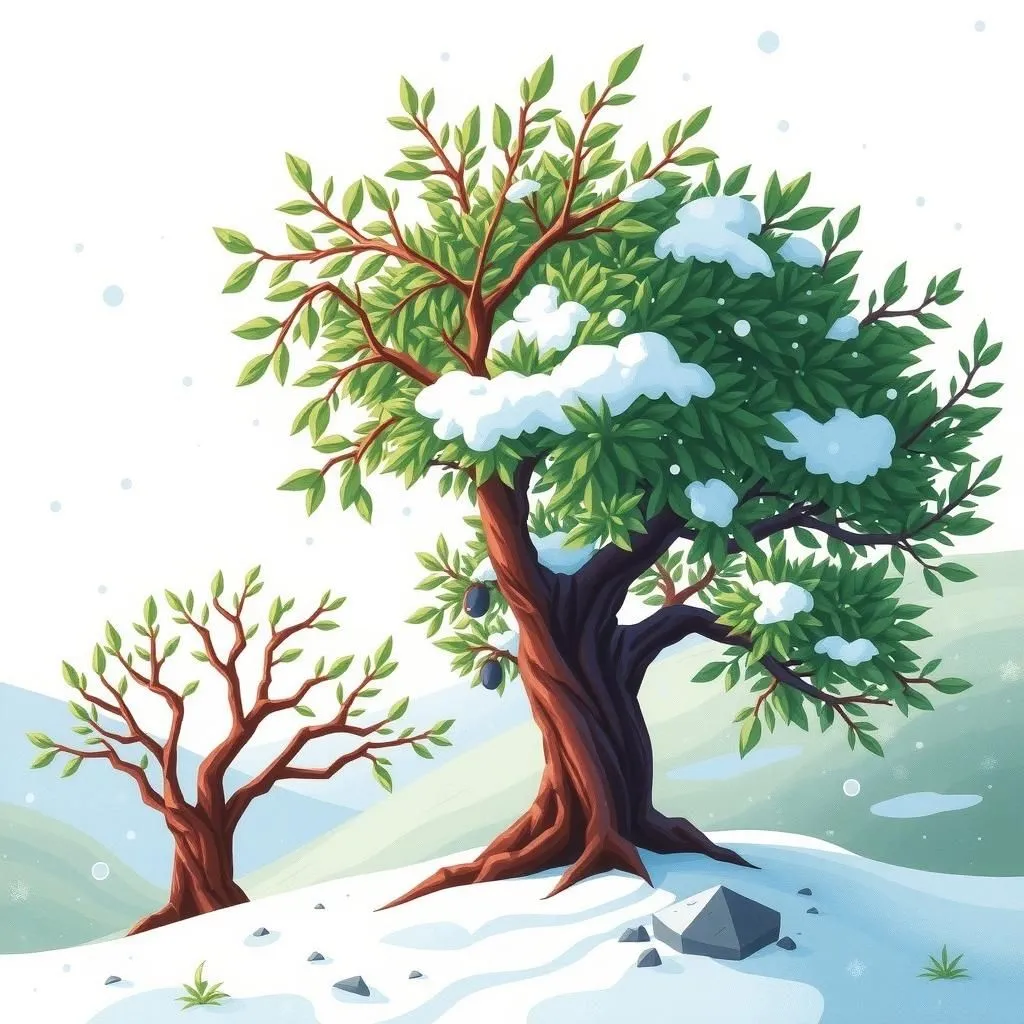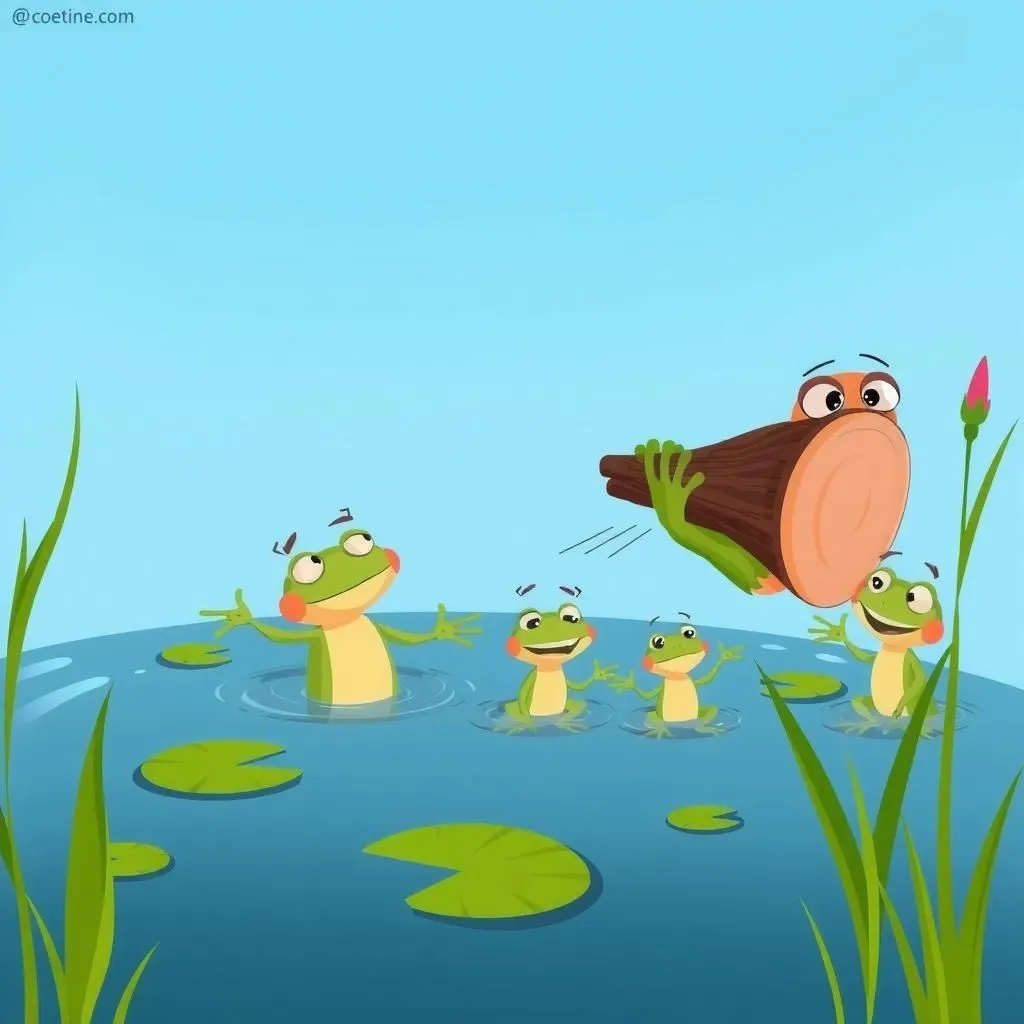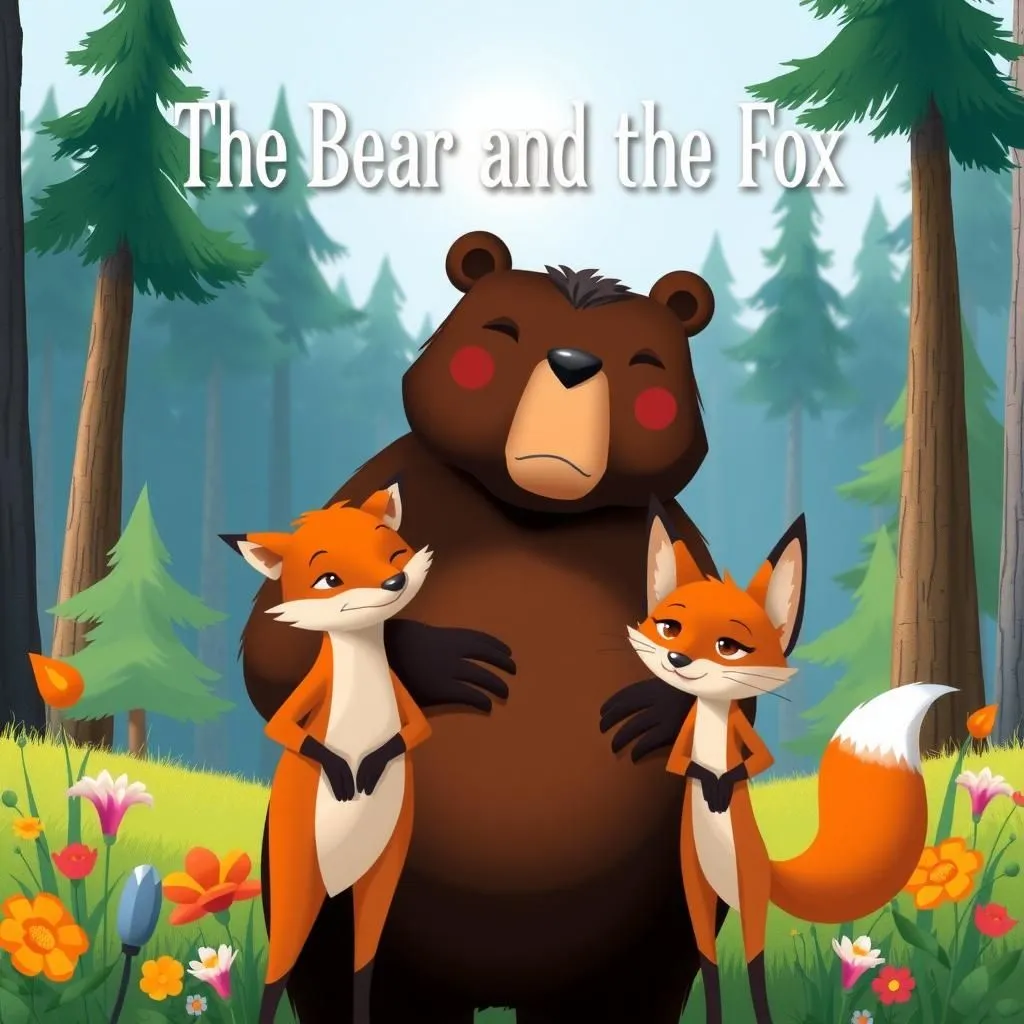
The Writer and the Tramps
In "The Writer and the Tramps," a story that embodies the spirit of heartwarming moral stories, an Ambitious Writer arrogantly dismisses a Tramp's question about his shirt, claiming it symbolizes the genius's unconcern. The Tramp, in a simple yet profound act, carves "John Gump, Champion Genius" into a tree, delivering a life-changing lesson about the contrast between true talent and superficial arrogance. This moral short story reminds us that true genius is often humble and unassuming.


